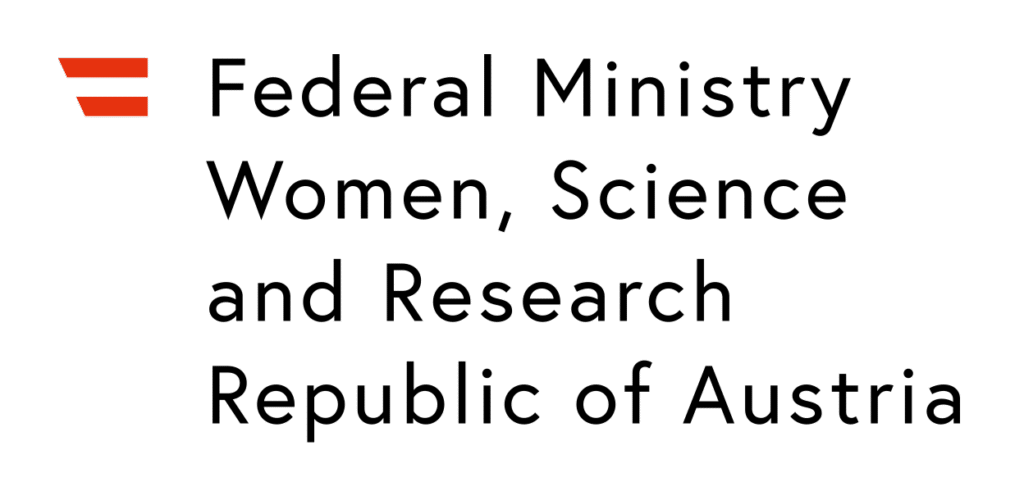“I might bend, but I will never break because it is in my nature as a strong woman.”
Angela Merkel is a German politician who is serving as Chancellor of Germany since 2005, becoming the first women holding that position and one of the most powerful political leaders in the World.
Angela Merkel is the most visible and powerful woman in the world: she has served as a role model to women and girls across the globe, and as proof of the political heights to which a woman today can rise. But she has built her political persona precisely by downplaying that female identity. When she was climbing the ranks of the conservative, male-dominated Christian Democrats in the 1990s, Merkel consistently sought to create a brand that transcended her gender.
Early life.
Angela Merkel is née Angela Dorothea Kasner in July 17, 1954, Hamburg, West Germany. When she was few weeks old, she moved because of her father’s work to East Germany (German Democratic Republic) in Quitzow, Brandenburg. In 1957 her family moved again to Templin, where Merkel finished high school in 1973. Later that year she went to Leipzig to study physics at Karl Marx University. At the university, she met her first husband, fellow physics student Ulrich Merkel, who married in 1977, taking his last name. After graduated in 1978, she worked as a member of the academic faculty at the Central Institute of Physical Chemistry of the Academy of Sciences in East Berlin. In 1982 Merkel and her husband divorced, though she kept his last name. She was awarded a doctorate for her thesis on quantum chemistry in 1986.
The beginning of her career.
After the fall of the Berlin Wall in 1989, Merkel joined the newly founded Democratic Awakening and in February 1990 became the party’s press spokesperson. The party joined the conservative Alliance for Germany, a coalition with the German Social Union (DSU) and the Christian Democratic Union (CDU). After the first free election of East Germany in 1990, Merkel became deputy spokesperson of the government of Lothar de Maizière (CDU). She joined the CDU in August 1990; that party merged with its western counterpart on October 1, the day before the reunification of Germany.
In the first post-reunification election, in December 1990, Merkel won a seat in the Bundestag (lower house of parliament) representing Stralsund-Rügen-Grimmen. She was appointed Minister for Women and Youth by Chancellor Helmut Kohl in January 1991. Merkel was by the beginning of her high-level political carrier sustained by various groups of demographics, as she was female, young and originally from East Germany. During her first mandate as Minister, she was various times nicknamed as “Kohls mädchen” (“Kohl’s girl”), as a symbol of her young age and closeness to the Chancellor Helmut Kohl. Merkel was elected to the CDU deputy chairman in December of the same year. After the 1994 election Merkel became Minister of environment, conservation, and reactor safety, and she presided over the first United Nations Climate Conference in Berlin in March–April 1995. In September 1998, the CDU was ousted by Gerhard Schröder and the Social Democratic Party of Germany (SPD). Merkel was elected secretary-general of the CDU on November 7.
First women chancellor of Germany.
“I never underestimated myself. And I never saw anything wrong with ambition.”
In late 1999, Merkel in an open letter to the CDU called upon the party to make a fresh start without its honorary chairman Kohl. Merkel’s stance greatly increased her visibility and popularity with the German public. On April 10, 2000, Merkel was elected head of the CDU, becoming the first woman and the first non-Catholic to lead the party. Although Merkel had hoped to stand as a candidate for chancellor in the 2002 election, a majority of her party expressed a preference for Edmund Stoiber of the Christian Social Union (CSU), the CDU’s sister party in Bavaria. After the CDU-CSU narrowly lost the election, Merkel became leader of the opposition (SPD). CDU and SPD settled in 2005 for a “grand coalition” government with Merkel at its head. On November 22, 2005, Merkel took office as chancellor, becoming the first woman, the first East German, and, at age 51, the youngest person to date to hold the office.
Her mandate was emphatically renewed in parliamentary elections held on September 27, 2009. Merkel’s second term was largely characterized by her personal role in the response to the euro-zone debt crisis. She promoted the austerity economic regime as the path to recovery for Europe’s damaged economies.
In the September 2013 federal election, the CDU-CSU alliance won an impressive victory, capturing nearly 42% of the vote. However, because her coalition partner, the FDP, failed to reach the 5 percent threshold for representation, Merkel faced the prospect of forming a government with either the SDP or the Green Party, both of whom were likely to be reluctant partners. After more than two months of negotiations, Merkel secured an agreement with the SDP to form another grand coalition government. On December 17 she became Germany’ third three-time chancellor in the postwar era. She was also elected a fourth time in September 2017. However, although her CDU party held its majority in the Bundestag, the national parliament, the far-right Alternative for Germany (AfD) won 13% of the vote to become the third-largest group in parliament, after the CDU/CSU and SPD. Despite the problems within the party, Merkel topped Forbes’ list of the most powerful women in the world for the seventh consecutive year in 2017, and for the 12th time overall.
Merkel’s style of government has been characterized by pragmatism, although critics have decried her approach as the absence of a clear stance and ideology. She demonstrated her willingness to adopt the positions of her political opponents if they proved to be sensible and popular.
Support for Germany’s two traditional mainstream parties continued to erode throughout the last few years. The split threatened to topple the German government, but Merkel once again demonstrated her mastery of compromise. At the end of her term in 2021, she declared her intention to step down as a Chancellor, after 16 years of government.
Her feminism.
Angela Merkel, despite beign considered the most powerful women leader in the World and for that inspiring many women to achieve thier goals, have always declared ambiguity in relation to feminism.
On an interview to Die Zeit Online in 2019, Merkel explained why she has not always associated herself with being a feminist, but she believes in gender parity as a “logical” solution for future generations. She also confirmed the definition of feminism that she was willing to endorse.
“As a woman, I of course also had to find my way like any other, so that one day we would really find our way to gender parity…Parity in all areas just seems logical to me. That’s not something I have to constantly bring up.”
However, Merkel sevel times has drew a distinction between herself and those she considers real “feminists” — those who “fought all their lives for women’s rights” — and people like herself, who merely had to find “my way” to contribute. Throughout, Merkel suggested her importance to women came “automatically” — that is, by simply being a woman and being powerful — rather than from any specific outreach or advocacy on her part. Despite the fact that Merkel is unwilling to give herself much credit in the way of being a trailblazer for future generations of women, she did take a moment to acknowledge the double standard that exists in politics.
“The fact that women compare themselves to me arises from the fact that I am a woman and all women also sometimes face difficult tasks.”
Written by WAVE Intern Diva Adelaide Edosini.
References:
Angela Merkel – Chancellorship | Britannica
Angela Merkel – Age, Education & Parents – Biography
Angela Merkel Is a Feminist by Example (diplomaticourier.com)
Opinion | Is the World’s Most Powerful Woman Finally a Feminist? – The New York Times (nytimes.com)





